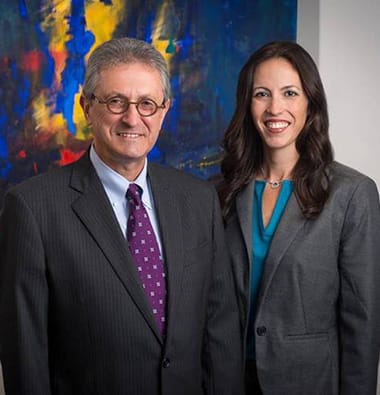Have you ever tried hiding something financial from your spouse? If so, many believe that you may be on a slippery slope towards divorce. According to a recent survey conducted by AARP, about one-third of married individuals report hiding a purchase or expense from a spouse on at least one occasion. This means that many couples in Ohio are lying to one another about how their money is spent. If such a lie is exposed, it can mean the end of a marriage.
Another survey – this one conducted by CreditCards.com – found that many women will consider ending their relationships if they find that their partners are lying about their money habits. This is particularly true if the secret financial decisions are harmful to the family. Such lies may insinuate even deeper lies. That is why some people supposedly use openness of financial habits to gauge the trustworthiness of an individual.
Experts say that most secret money habits start small. They may begin with a husband or wife trying to pay off a speeding ticket without informing his or her spouse, simply to avoid an argument or any sort of concerns for the safety of the children. Though this omission may save the couple an argument, it can snowball into larger omissions and lies. Some spouses have reported secret credit cards and bank accounts that they use to make purchases for themselves or for extramarital affairs. Some divert portions of their paychecks into these accounts to keep them afloat.
If a spouse were to discover such accounts, it is likely that there would be a lot of questions. This is why many believe that communicating about finances is important to making a marriage work. Money is a major source of temptation and if a couple can trust each other on that, they may be able to trust each other on everything.
Source: U.S. News Money, “What Happens When Money Secrets and Marriage Collide?,” Daniel Bortz, Feb. 13, 2013



